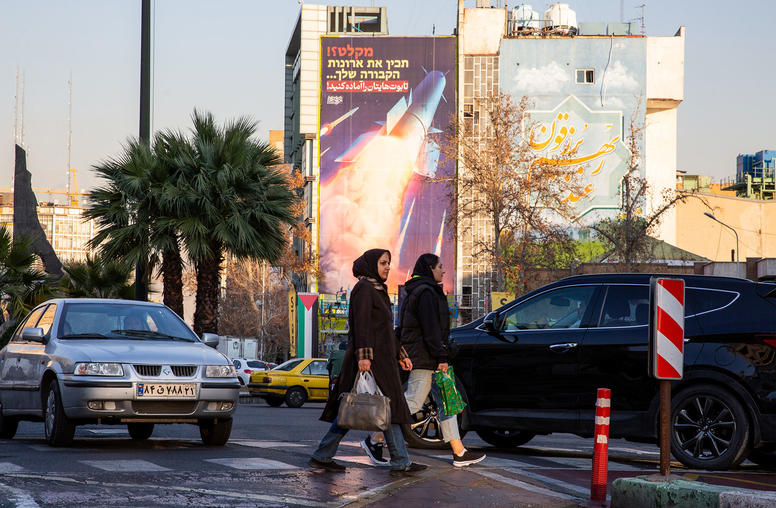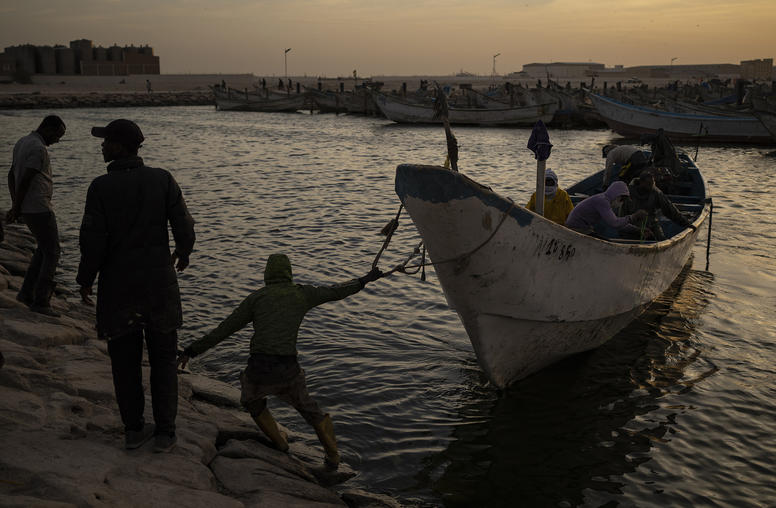Religion and Countering Violent Extremism
How to Engage Religious Leaders and People of Faith?
As governments and societies grapple with violent extremism, experts in the field continue to consider how to counter extremists’ use of ideologies. For a world in which more than 80 percent of people identify themselves as religious, the role of religious leaders, ideas, and institutions is critical to countering the many strains of violent extremism. On January 17 USIP held a discussion of the latest trends in policy and practice around the intersection of religion and its role in preventing and countering violent extremism. A panel of experts presented and discussed practical guidelines around the role of religion in preventing and countering violent extremism.
Both research and experience make clear that the spread of violent extremism is driven not by religion but by poor governance, injustices, and the radicalization of people who see no future for themselves. But extremists use religious ideas—whether from the traditions of Christianity, Islam, Buddhism or other faiths—as tools to encourage radicalization and violence. How can policymakers and practitioners working to counter violent extremism best ally with religions, their institutions and their people? This forum offered recommendations from a recent USIP Special Report on this question.
The effort to halt violent extremism has engaged the faith leaders and institutions in producing narratives to counter those that advocate violence. What are the next steps? Which practical approaches work best for avoiding undue governmental entanglement in the religious sphere? How can we design programs and policies against violent extremism to be more inclusive of the various sectors of civil society? What are some of the wide-ranging characteristics related to religion and religious identity that both drive and can prevent violent extremism? What are the sensitivities to keep in mind while doing so?
Continue the conversation on Twitter with #ReligionCVEUSIP.
Speakers
Melissa Nozell, Moderator
Senior Program Specialist, Religion & Inclusive Societies, U.S. Institute of Peace
@MelissaNozell
Peter Mandaville
Professor of International Affairs, Schar School of Policy & Government, George Mason University and former senior adviser, Office of Religion & Global Affairs, U.S. Department of State
@PMandaville
Robin Simcox
Margaret Thatcher Fellow, Davis Institute for National Security & Foreign Policy, The Heritage Foundation
@RobinSimcox
Ann Wainscott
American Academy of Religion Senior Fellow, U.S. Institute of Peace
@AnnMWainscott



